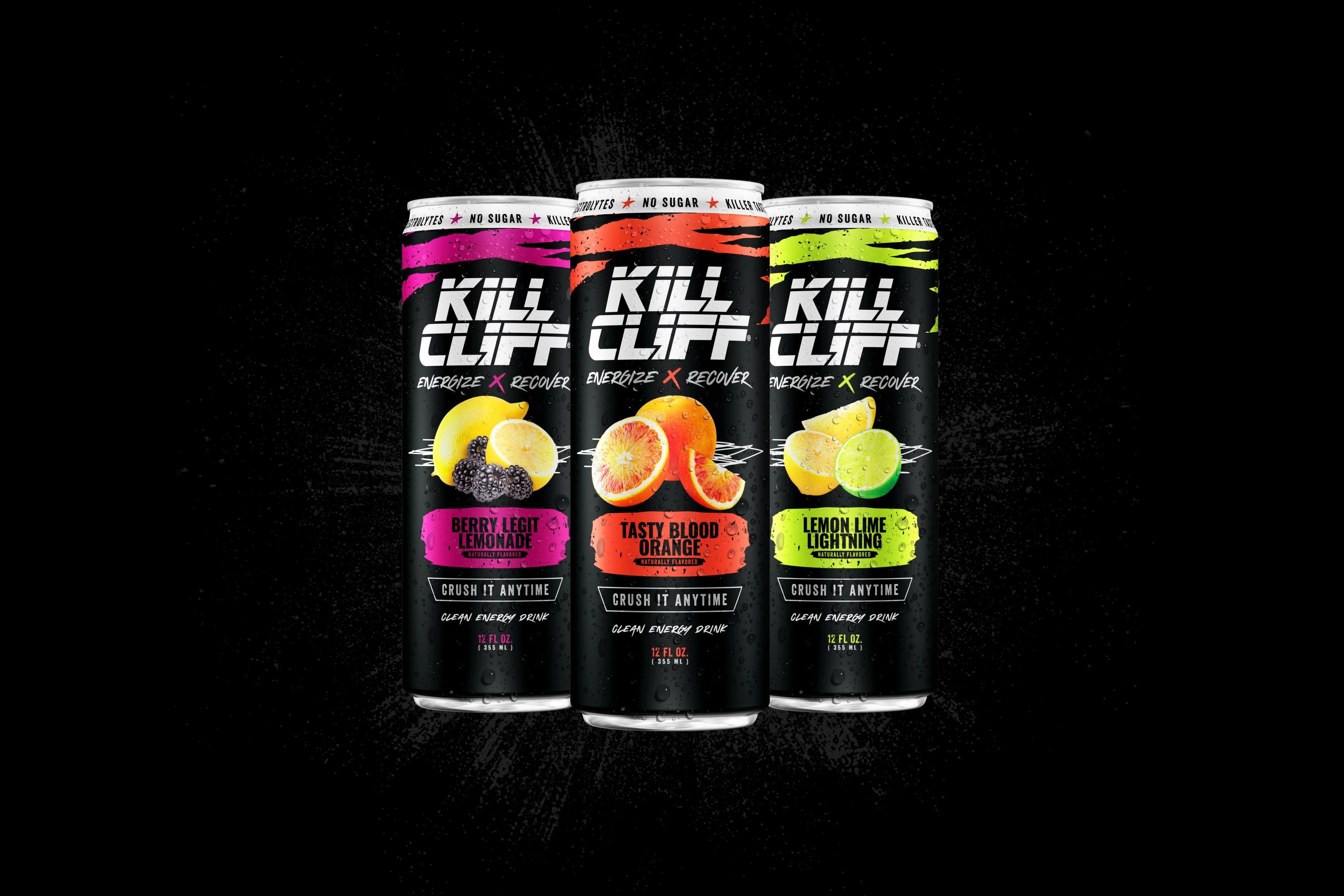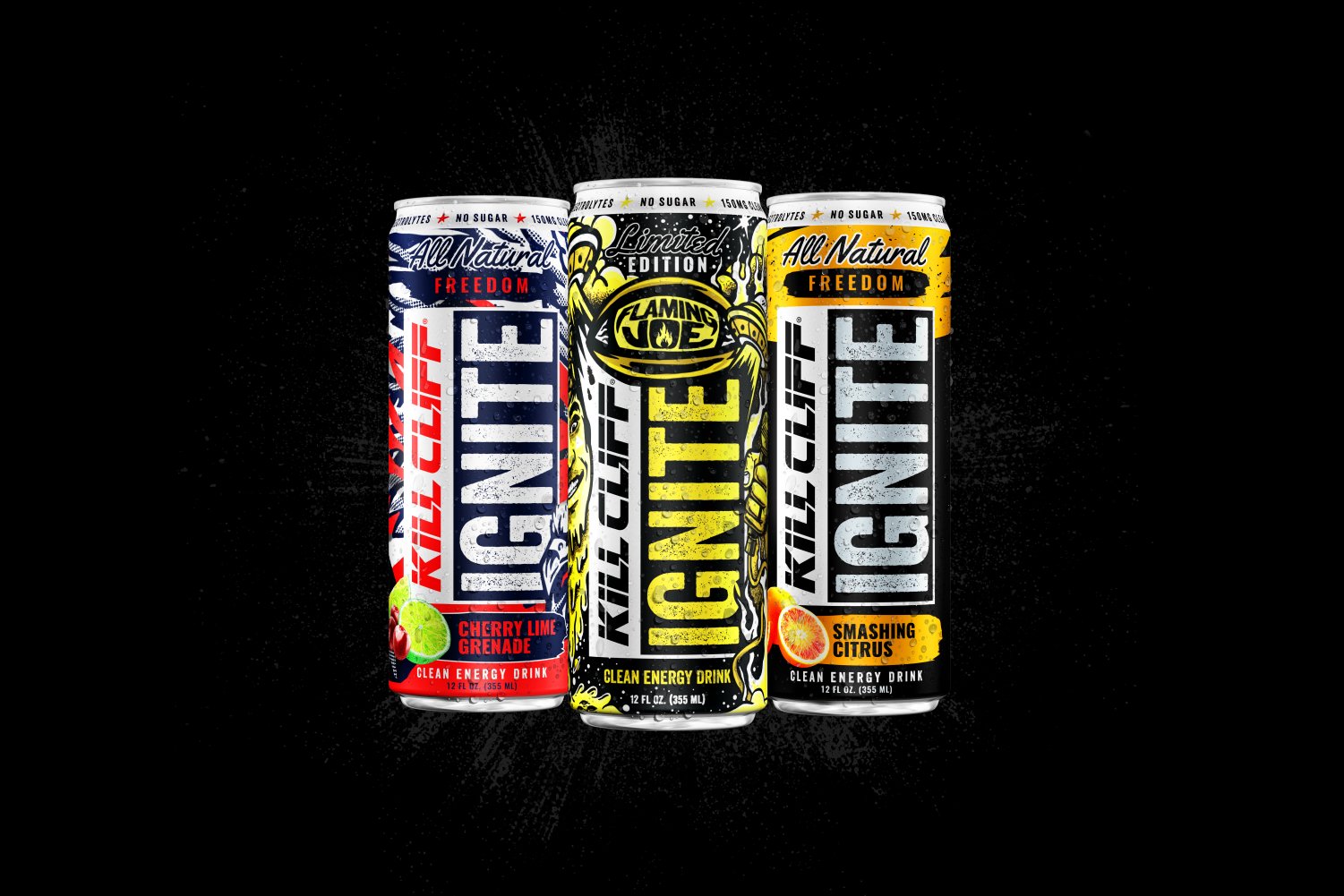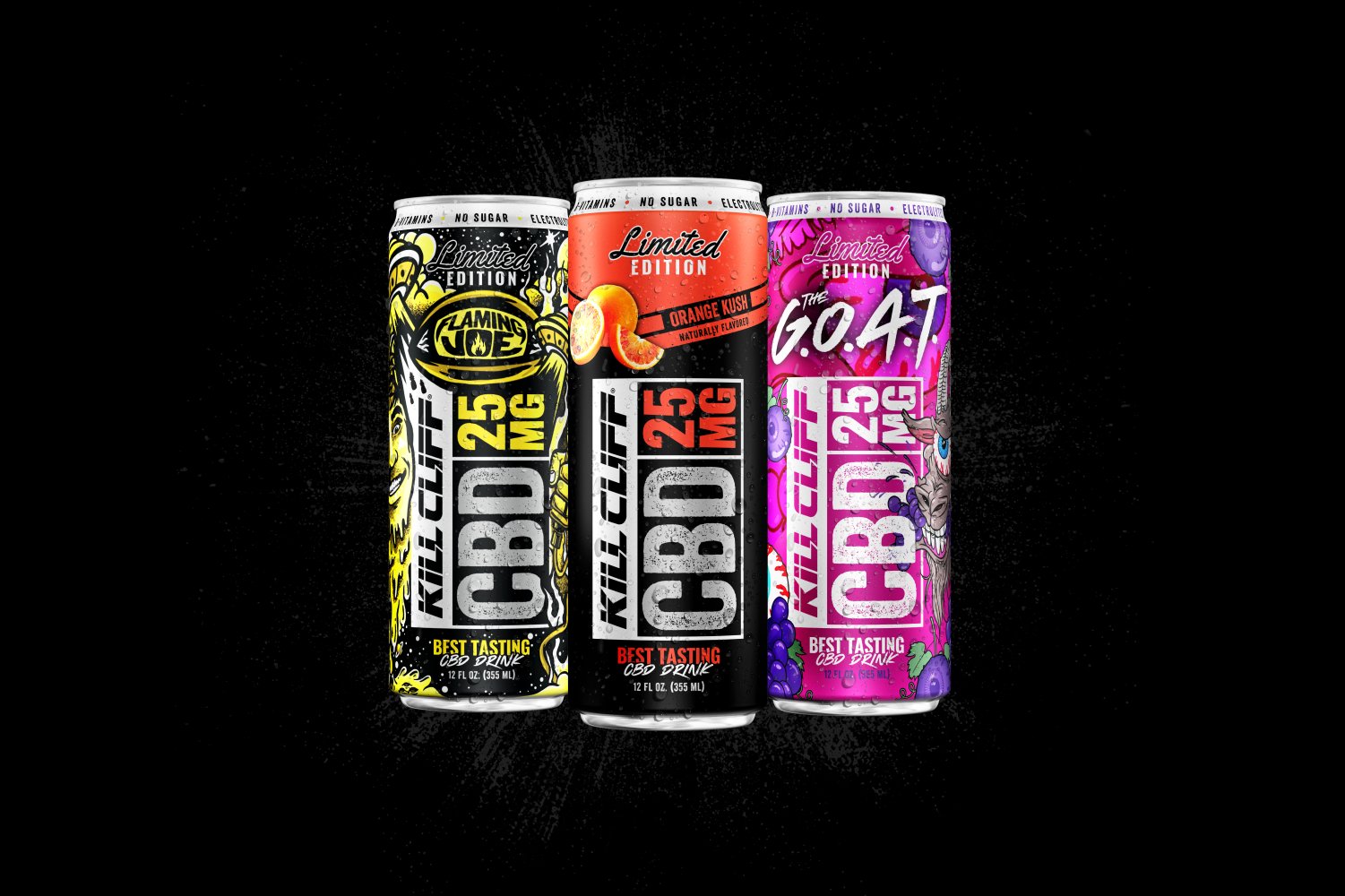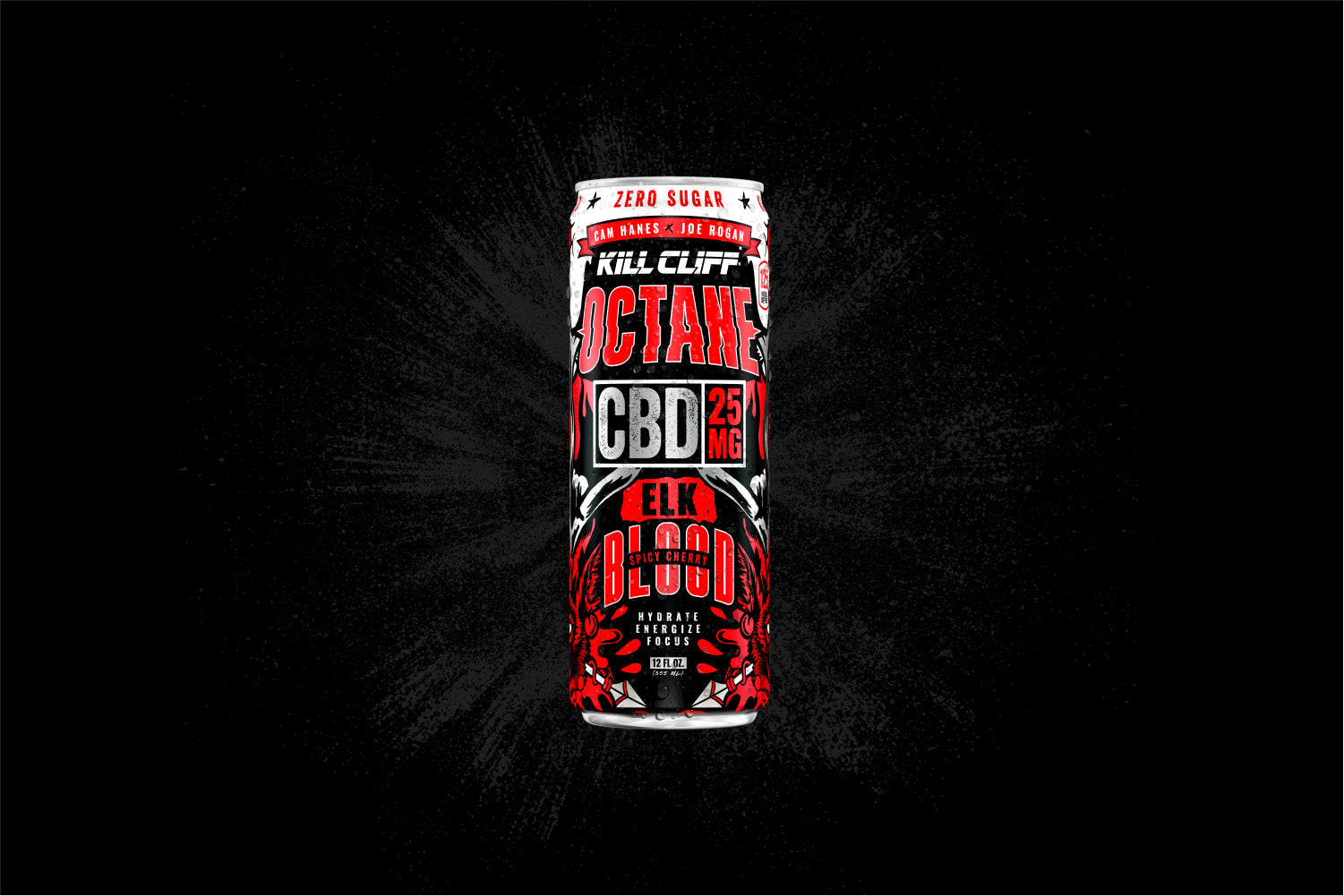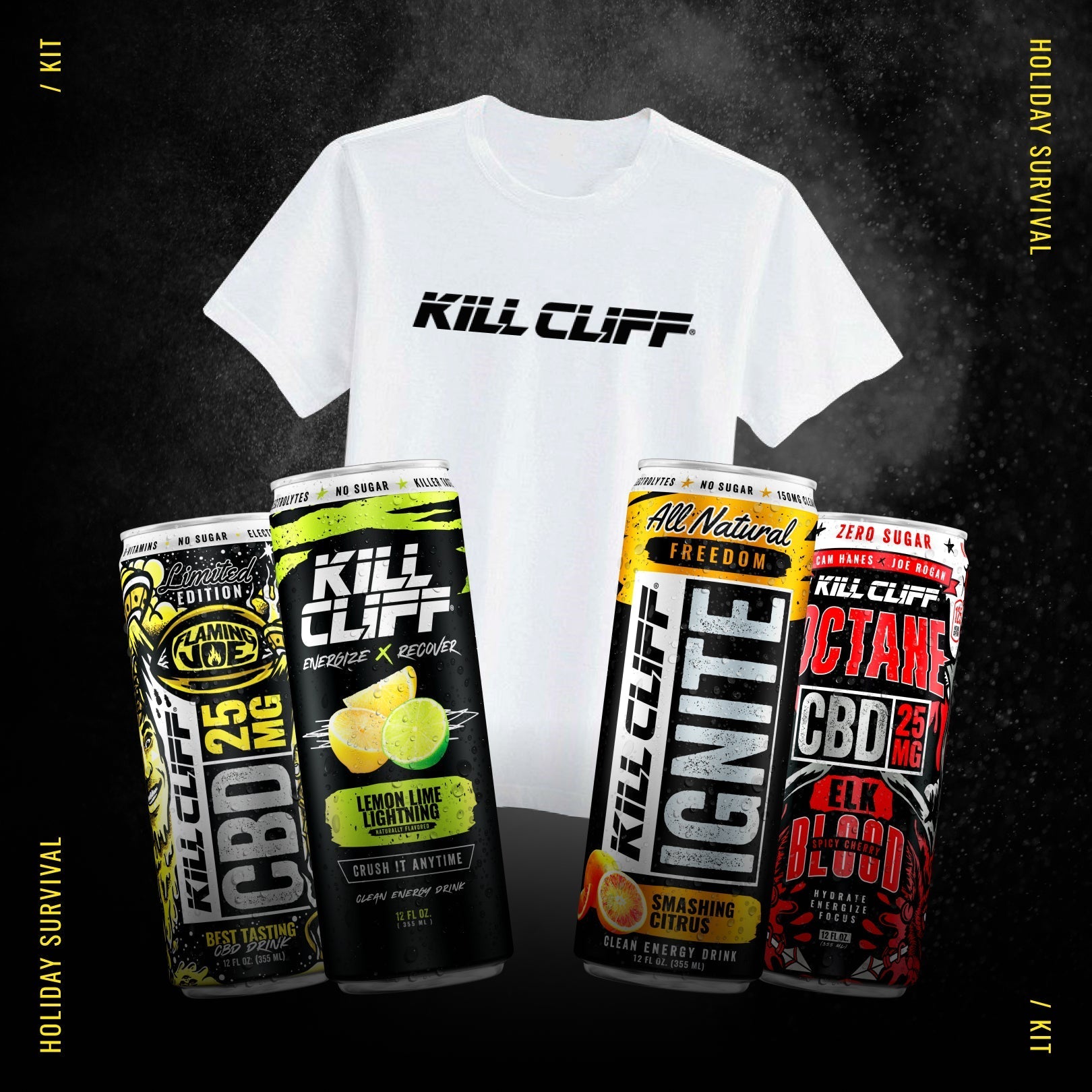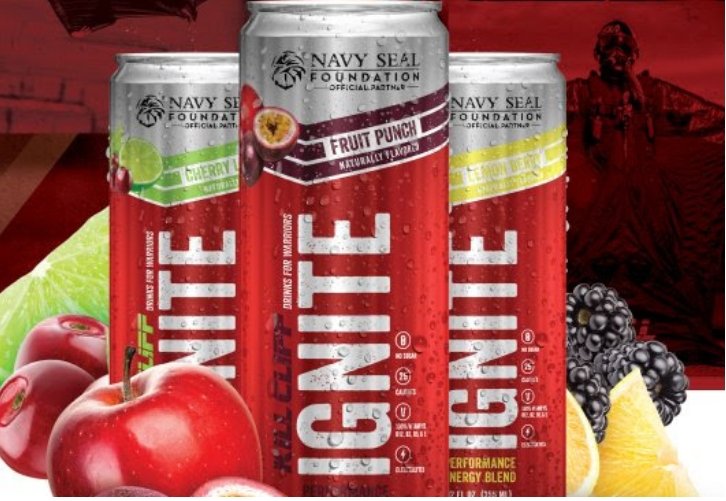Caffeine is a helluva drug!
To quote the great Rick James, “Caffeine is a helluva drug!” (Oh wait…maybe that was something else).
Caffeine is a drug. A useful drug. A legal performance-enhancing drug. It can help physical and mental performance when used in the right way. As a sports dietitian, I get a lot of questions about how best to use and not abuse caffeine for athletic performance. Every athlete is different and different bodies react differently.
Caffeine is considered a stimulant because it works on the brain and central nervous system. The truth is, for as widely used as caffeine is, we don’t fully know all the ways it works, but here are some of the scientific findings.
- Caffeine can wake you up in the morning by blocking adenosine, a chemical in the body that builds up throughout the day and makes you feel tired when it’s time for bed in the evening. The first cup of coffee in the morning blocks any remaining adenosine left when the alarm goes off so your morning is less groggy.
- A variety of studies have shown that caffeine consumption can temporarily improve reaction time, focus, and alertness by stimulating the central nervous system
- In scientific studies, caffeine has been shown to reduce the rate of perceived exertion…you feel like exercise is a little bit easier.
- Caffeine appears to slightly help stimulate the metabolization of fat stores and support muscle contraction.
Sports nutrition studies have shown measured benefits in athletes. Caffeine can help provide feelings of alertness and energy to take on a workout, but it has shown measure performance improvement for longer workouts over 20 minutes. In a study published in the Journal of Applied Physiology, Nutrition, and Metabolism,there was an average of 3% improvement in athletic performance during longer exercise. That can mean an extra 30 seconds off a 10K or your Murph time.
It is important to note that the measured performance benefits appear to be negligible in shorter anaerobic exercise. Even though you might feel hyped, caffeine likely won’t impact your 40-yard dash or Fran time significantly.
I believe that caffeine can be a useful tool in training and competition when used properly. Below are my top tips for using caffeine in a healthy way to support performance.
Time caffeine around periods of performance.
Caffeine starts to be absorbed by the body in about 15 minutes with the peak stimulatory effects hitting within forty-five minutes. Each athlete is different, but I try to time caffeine consumption about forty-five minutes from the start of a race or when I will be full speed into my training.
Studies have shown that the effects can be felt with as little as 75MG caffeine - about one shot of espresso. Each athlete is different, but I recommend starting with 150MG of caffeine before training. That is the amount in a Kill Cliff IGNITE or a 12 oz of premium coffee. During training, you can try to increase or decrease consumption to where you feel and perform the best. The goal is to feel alert and energized not jittery. As a rule of thumb, I recommend no more than two caffeinated drinks during training to reduce the risk of becoming too dependent on this powerful drug.
For mental work, I follow a similar schedule. When I know I need to be focused and in the zone, I try to drink caffeine about a half hour in advance. In fact, sometimes I’ll drink a coffee or Kill Cliff IGNITE and go down for a twenty-five-minute nap. When I wake up, the caffeine has hit, and I’m ready to focus on mentally challenging work (…like writing this article).
Reduce caffeine when you are not performing.
Your body can build up a tolerance to caffeine, and the more you consume, the less performance benefit you will get. If you are slamming coffee all day long, the boost pre-workout caffeine boost will be less noticeable. To maximize the performance benefits, use caffeine around your workouts or when you need to focus and limit your use after that.
Don’t be a lab rat. Most energy drinks on the market get a bad rap as artificial and full of chemicals… because they are. Synthetic caffeine is cheaper and much more widely used in most energy drinks and supplements. If you are looking to eat and train clean, I like to choose a better alternative. Coffee, espresso, and green tea are going to be the most readily available natural forms. Kill Cliff IGNITE gets caffeine from green tea and green coffee bean sources which makes it clean caffeine option.
In addition, most energy drinks and pre-workout supplements come loaded with artificial flavors and colors. They also rely on conventional sweeteners which can spike your blood sugar and trigger insulin. Even worse, the zero calorie versions are loaded with artificial sweeteners (I won’t belabor this article with all the crap about sucralose and aspartame, but if you are still on those…stop now!). Kill Cliff IGNITE is sweetened with non-GMO stevia and erythritol, both natural sweeteners that do not trigger a jump in blood sugar.
Occasionally decaffeinate yourself. I start almost every day with a cup of coffee and often have an espresso or KILL CLIFF IGNITE for a boost before my afternoon workout. I have no issue using natural caffeine to help me wake up, focus, and perform. However, over time your body can build up a tolerance to caffeine just like any drug. Occasionally, during periods of lighter training or rest, I try to cut back on my caffeine intake (I like organic decaf coffee, caffeine-free tea, or Kill Cliff RECOVER as low-caffeine options). This helps bring down my tolerance and reduce my dependency on the drug. After a week reset, my morning coffee or afternoon IGNITE seem to pack more of a punch.
Stay hydrated. As I’ve written before, hydration is a critical element of performance and recovery. Caffeine might have a mild diuretic effect which causes the body to eliminate water (there are debates in nutrition science about whether the dehydrating effects of drinks like coffee have been over-stated). However, one thing is clear, you need absolutely need additional sources of hydration as an athlete. What I like about Kill Cliff IGNITE is that it also includes essential electrolytes like sodium, potassium, and magnesium. These electrolytes help regulate water at the cellular level. Electrolytes paired with enough water is the key to hydration. As a rule of thumb, athletes should take in at least half their body weight in ounces of water throughout the day as a base in addition to any caffeinated drinks and fluids consumed during training.
Caffeine is not for everyone, and this article is not intended to be specific nutritional advice. My recommendations for my athletes is to experiment in training before they get to the competition. If caffeine helps in training, use it when you compete. If it doesn’t, try carbohydrate drink for a different type of energy boost. Experiment, measure, and determine how best you can use this helluva drug to boost performance.
Sources:
Effect of caffeine on the neuromuscular system--potential as an ergogenic aid. https://www.ncbi.nlm.nih.gov/pubmed/19088790
The Institute for Scientific Information on Coffee https://coffeeandhealth.org/wp-content/uploads/2014/11/KAI0097_isics-topic-mp_S1.pdf
Effects of Caffeine on Sport-Specific Endurance Performance: A Systematic Review HTTPS://WWW.NCBI.NLM.NIH.GOV/PUBMED/19077738
